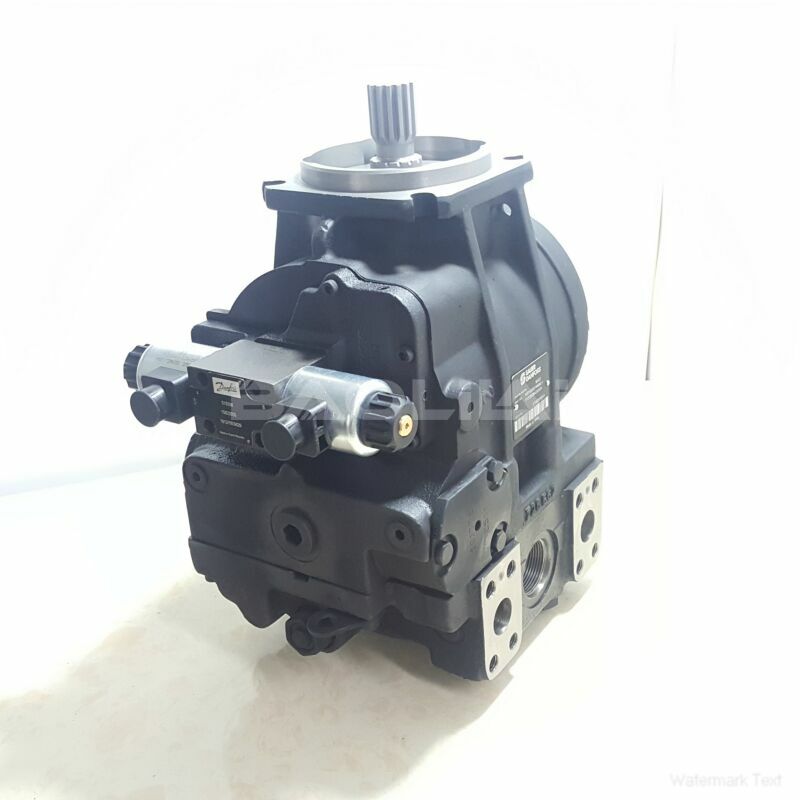90R250KA5CD80T4F1K03NNN303024 danfoss pump
90R250KA5CD80T4F1K03NNN303024 danfoss pump

- Product Details
- Applicable Scene
In today’s industrial landscape, the demand for efficient and reliable fluid power systems is higher than ever. Complex applications in manufacturing, construction, and aerospace often require advanced fluid management solutions that can handle high pressure and precise flow control. One of the key components that can fulfill these requirements is hydraulic pumps. This article will explore the reasons why hydraulic pumps are an essential choice for complex fluid power systems.
90R250-KA-5-CD-80-T-4-F1-K-03-NNN-30-30-24
90R250KA5CD80T4F1K03NNN303024
Hydraulic pumps convert mechanical energy into hydraulic energy, facilitating the movement of fluids through a system. They play a crucial role in various applications, from powering heavy machinery to operating intricate hydraulic circuits. Here are several reasons to consider hydraulic pumps for your fluid power needs:

83029610
First and foremost, hydraulic pumps are known for their high efficiency. They can generate significant amounts of power with relatively low energy consumption. This efficiency translates to reduced operational costs, making them an economically viable option in the long term. Furthermore, their ability to maintain constant pressure and flow, even under varying load conditions, ensures that systems operate smoothly without sacrificing performance.
Another advantage of hydraulic pumps is their versatility. They can be used for a variety of applications, ranging from simple tasks to complex systems that require rapid response times and exact pressure control. Whether you need to lift a heavy load in construction or control the movement of robotic arms in manufacturing, hydraulic pumps can be tailored to meet your specific requirements. Additionally, with various types such as gear, vane, and piston pumps available, you can select the pump that best fits your operational needs.
Moreover, hydraulic systems are typically compact and can be designed to fit within limited spaces. This is particularly beneficial in applications where size and weight restrictions are paramount. Unlike pneumatic systems, which may require extensive piping and large compressor units, hydraulic systems can deliver power through smaller hoses and components, allowing for more compact designs.





